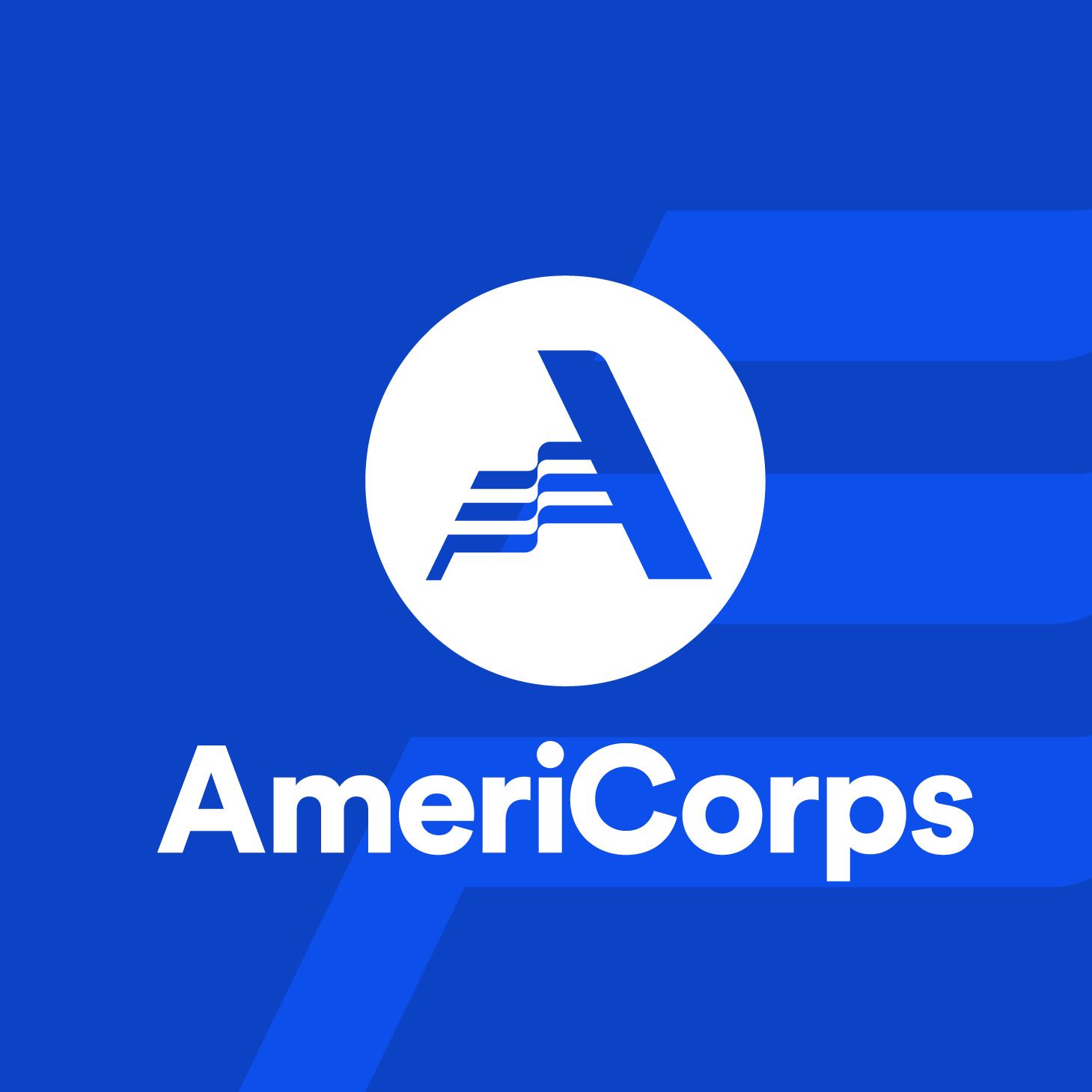Wildland Restoration Team Member
-
(Click for position description)
-
Wildland Restoration Team Member
Location: Bozeman, Kalispell, and Missoula MT
Ages: 17-30, up to 35 for military veterans
Dates: 05/12/2025-10/17/2025
Living Allowance: $1,200 biweekly before taxes are taken out
Education Award: $3,697.50 upon completion of the program
FREE Health Insurance
-
Wildland Restoration Team Member - Mesic Restoration
Location: Helena, MT
Ages: 17-30, up to 35 for military veterans
Dates: 05/12/2025-10/17/2025
Living Allowance: $1,200 biweekly before taxes are taken out
Education Award: $3,697.50 upon completion of the program
FREE Health Insurance
Benefits for all Crew Member Positions:
Member Assistance Program: Free 24/7 access to confidential behavioral health counseling, financial assistance, medical/legal advocacy, and more!
Public Lands Service Corps Hiring Preference: Members serving with federal land management agencies may be eligible to receive hiring preference for future federal job placement
Supportive coaching staff invested in your success.
Food Per Diem while on Projects
Access to Pro Deals
Housing options may be available in specific regions; talk with a Program Manager to learn more!!
Wildland Restoration Teams in Bozeman, Missoula, and Kalispell work with a diverse range of stakeholders (private, government, and non-profit) in order to achieve large scale land conservation efforts with rural communities throughout the state of Montana. This is a great opportunity for anyone who has an interest in restoration to gain practical field experience in a rapidly growing area of conservation, with a strong potential for future career paths. Wildland Restoration Teams mitigate invasive plants through mechanical, chemical, and biological efforts. Crew use herbicide to manage invasive weeds, and MCC provides professional level training in the safe use and transport of chemicals. Wildland Restoration Teams manage invasive weeds in the remote Selway Bitterroot Wilderness, the Frank Church River of No Return Wilderness, The Payette National Forest, Glacier & Yellowstone National Parks, and on the breathtaking plains of eastern Montana. Crew Leaders also earn Herbicide Applicator Licenses, a certification through the State of Montana that is vital to future careers in invasive management. Wildland Restoration Teams may also work on a variety of other projects, including stream restoration, beaver-dam mimicry, non-native fish removal, fencing, planting, trail building and more. Not all CMs will work on all types of projects! Crews may also be deployed for natural disaster relief. Learn more about the variety of project work here!
The project work for Wildland Restoration Teams is different depending on the regional office; if you elect to serve on a Wildland Restoration Team in Bozeman, Kalispell, or Missoula YOU WILL BE APPLYING HERBICIDE TO INVASIVE WEEDS DURING YOUR SEASON:
- Greater Yellowstone (Bozeman): These crews typically spend half of their season managing invasive weeds through herbicide application. The other half of the season typically consists of mesic restoration projects (beaver dam analogs, or BDAs).
- Northern Rockies (Kalispell): These crews typically spend half of their season managing invasive weeds through herbicide application. The other half of the season typically consists of trail maintenance/construction, and other conservation projects.
- Western Wildlands (Missoula): These crews typically spend half of their season managing invasive weeds through herbicide application. The other half of the season typically consists of a combination of mesic restoration projects (beaver dam analogs, or BDAs), botany, forest inventory analysis, and other conservation projects.
Wildland Restoration Teams (Mesic Restoration) in Helena will participate in a variety of innovative wetlands and habitat restoration projects, with a main focus on mesic restoration techniques including beaver mimicry and in-stream beaver-dam analog construction, a simple, effective, and non-invasive approach to riparian restoration. Crews will construct beaver mimicry structures (Low Tech Process Based Restoration) to effectively slow down and spread water over the landscape to expand critical habitat, mitigate wildfire, reduce invasive species and increase water availability in traditionally parched times of year. Studies have shown that these stream remediation efforts in the treated watershed mitigated the effects of drought, reduced the risk of catastrophic wildfire and flooding, improved water quality, expanded critical wildlife habitat and created a micro-climate with reduced air and water temperatures. Projects are often rigorous, requiring participants to carry and use heavy power equipment and work in hot weather across rugged terrain while wearing protective gear.
Crews will camp for the full duration of a hitch (i.e. 4-9 day project assignment), oftentimes in remote locations on varied terrain and in all weather conditions. Camping accommodations vary, including car-camping and remote backcountry settings away from a vehicle. Project work is physically demanding, and could include habitat restoration, mesic restoration, planting, backcountry work, and more. Not all Crew Members work on all types of projects! Learn more about the variety of project work here!

![[Image description: Three MCC members eradicating weeds in the wilderness. Trees and brush can be seen surrounding them.]](https://cdn.firespring.com/images/100216e5-6c20-4c6e-8a8e-3958a59f634b.jpg)



